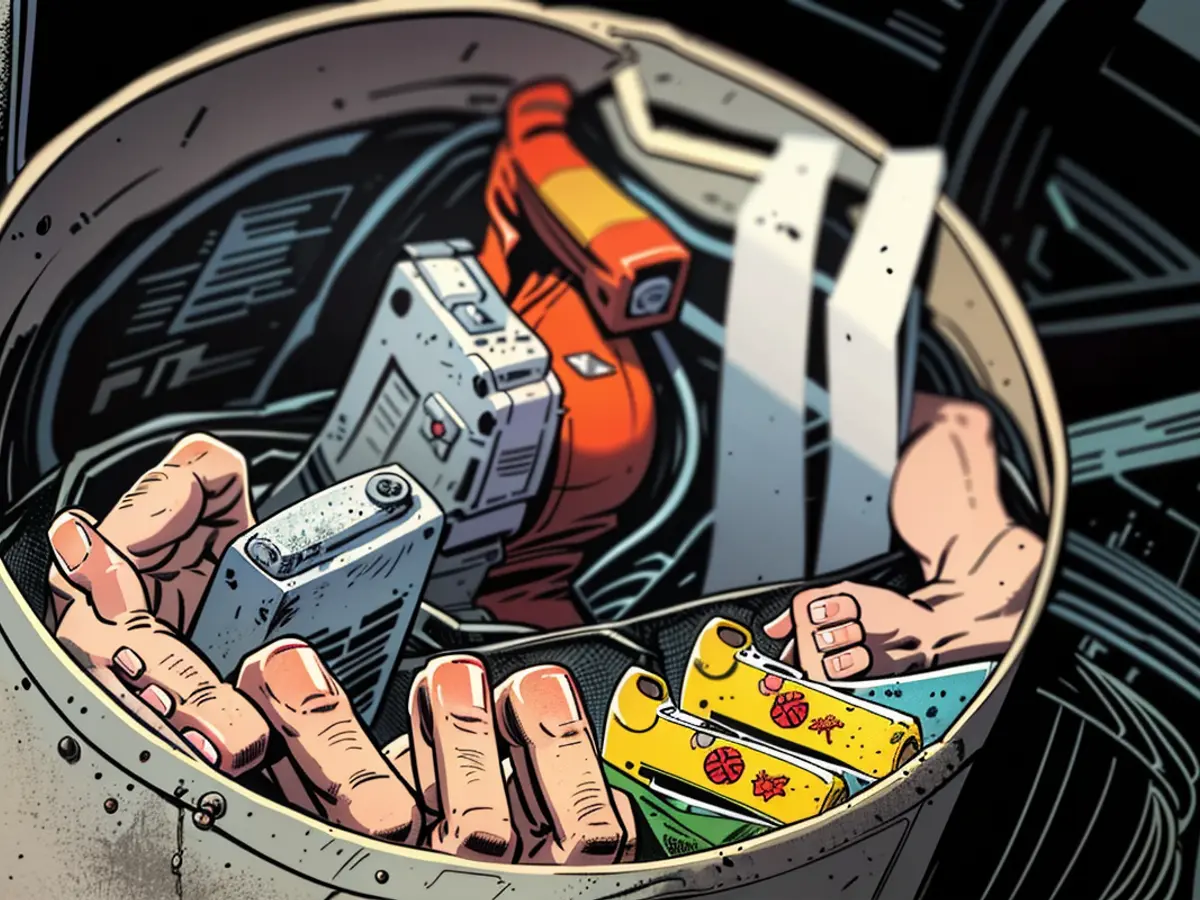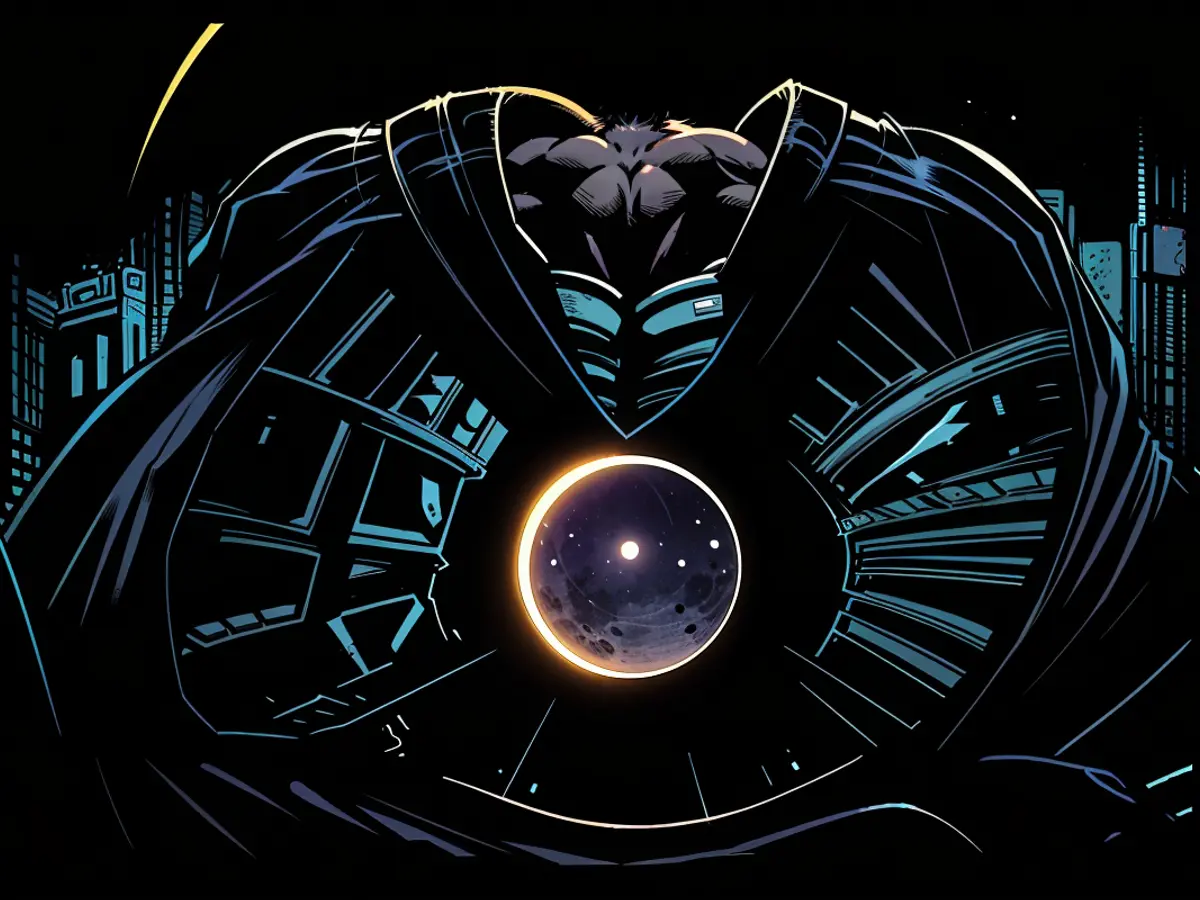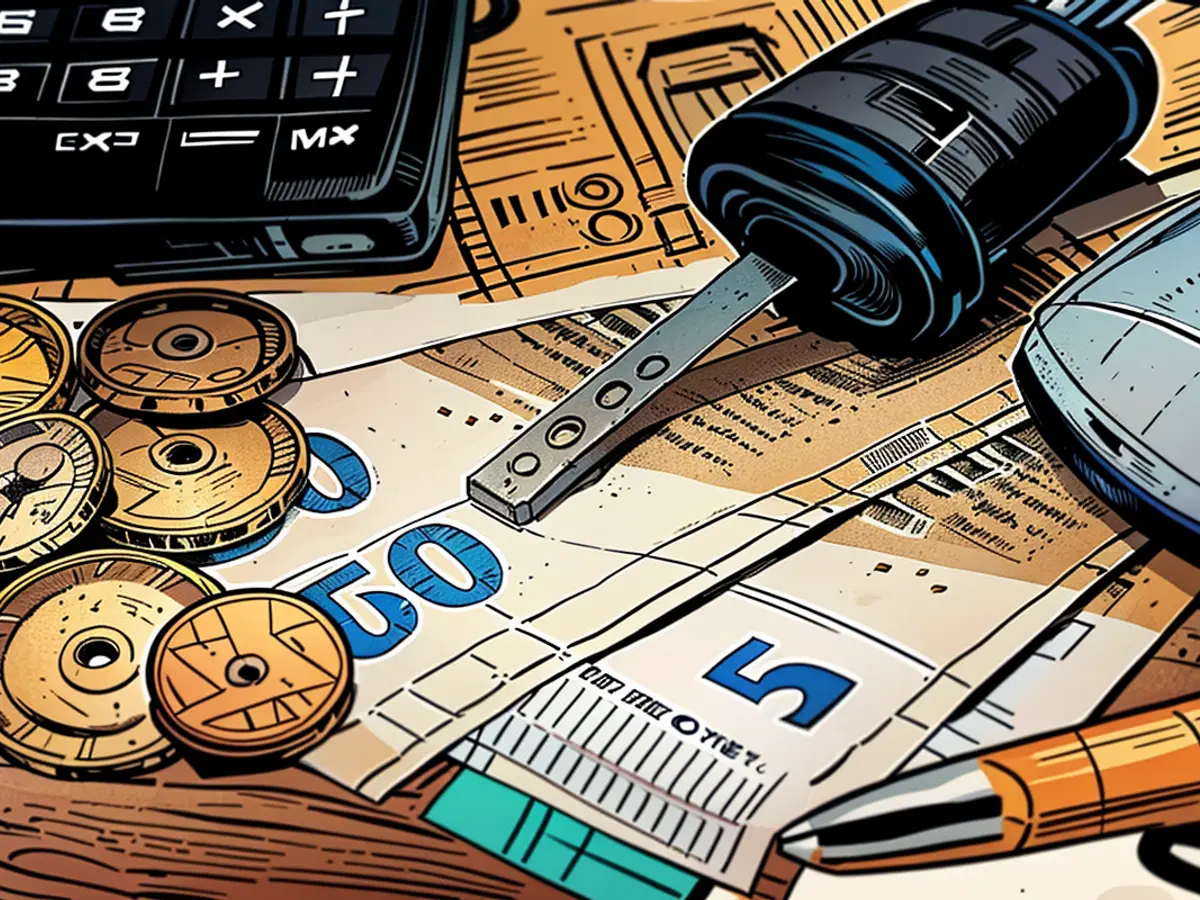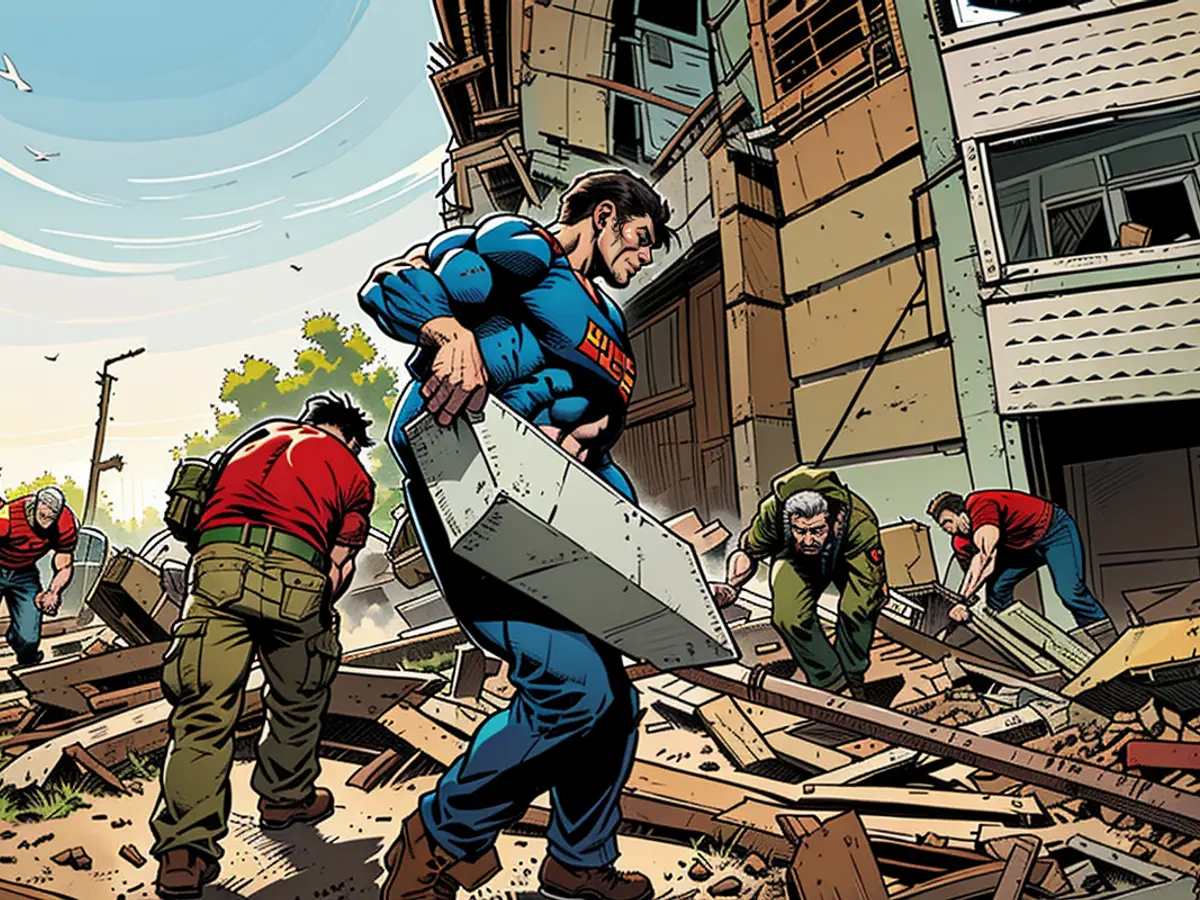Viewpoint: Capturing Netanyahu by the ICC could be questionable - and potentially counterproductive.
Established in 2002, the ICC, or International Criminal Court, is essentially a club of around 125 countries that tries to enforce their rules rather than being a true representation of international law. It has a relatively small budget for its prosecutor (about $185 million, with only half going to the prosecutor's office) and has only managed to secure a handful of convictions. The ICC has never indicted the leader of a democratic nation, but it has targeted leaders from dictatorships like Russia's Vladimir Putin, Sudan's Omar al-Bashir, and former Libyan leader Moammar Ghadhafi's son Saif.
Netanyahu, who is facing corruption charges in his home country and is seen as an unsympathetic figure, is not in this same league of despotic leaders. Israel's democracy is complicated due to the long-standing occupation of the West Bank and east Jerusalem, where millions of Palestinians reside, but it doesn't resemble Sudan. Have other democratic countries not engaged in wars against terrorist groups that resulted in large-scale destruction of civilians, like Gaza? The United States, United Kingdom, and other allies have certainly been involved in such conflicts, including the Iraq war, trying to eliminate Al Qaeda and ISIS, and played a role in the Libya and Yemen crises of the 2010s. However, when a country has a functional legal system like Israel, the ICC typically prefers to handle matters domestically.
The tricky issue of jurisdiction arises if the ICC chooses to break this tradition. The court operates on the basis of "state consent," meaning it only accepts states. While Palestine was granted non-member observer status at the UN General Assembly in 2012, it is not recognized as a state by most major powers and economies, including the United States. Nevertheless, in 2015, the ICC went ahead and accepted Palestine, disregarding the Assembly of States Parties (ASP), which represents ICC member states. This raises questions about Palestine's status and the court's abilities to legally pursue cases.
The ICC can only investigate cases that take place on the territory of its member states, but Palestine does not have recognized territory. To overcome this, ICC judges, in a majority but not unanimous vote, declared that Palestine encompasses the West Bank, Gaza, and East Jerusalem. The borders of these areas are based on the arbitrary ceasefire lines established in 1949 after Israel's declaration of independence. Israelis and Palestinians themselves cannot agree on this matter. Many Israelis would prefer not to annex the West Bank completely, fearing the potential loss of their Jewish majority. Hamas, on the other hand, has little interest in those borders and claims all of Israel for the Palestinians. An indictment by the ICC against Israeli leaders would effectively determine the border issue.
There is also the matter of proving the charges against Israel's leaders. If the court wishes to charge them with war crimes, it must show that Israel's response to Hamas' attacks on October 7 was not proportional. No matter how the court spins it, critics will argue that this decision is subjective (in addition to being selective). Furthermore, the ICC must consider the role of Hamas in using civilian sites as military sites, which could result in them losing their protected status. This is a well-established war crime, and Hamas has been accused of using hospitals and schools as shields.
If the court fails to charge Hamas itself, it would be nonsensical given that it essentially acts as the government of Gaza. Under the UN's Genocide Convention of 1948, which focuses on intent, Hamas' actions on October 7 could be considered genocide. The ICC's own rules do not limit its jurisdiction to only officials, and in this case, Hamas is the de facto government of Gaza, at least prior to Israel's invasion.
The legal system has considerable flexibility, leading to inherent political involvement. Could it be possible that the esteemed chief prosecutor, Karim Khan from the UK, is feeling some strain to contribute to the increase in pressure towards Netanyahu? Not long ago, there was reassistance against efforts from Israel to inhibit potential arrest warrants of government officials.
Dealing with problems beyond legal constraints
The scenario touches on considerations that are not strictly territorial but tactical. Netanyahu has not backed the initiative to establish a roadmap to a Palestinian state, which could potentially facilitate US President Joe Biden's vision of establishing a Western-Sunni-Israeli alliance to counter Iran and simultaneously obstruct the presence of Russian and Chinese power in the Middle East.
Netanyahu has pursued this approach because his right-wing alliance is obstructing efforts to re-establish the Palestinian Authority as the dominant force in Gaza, instead of Hamas - which many in Israel itself have wanted for years. This action is a significant contributor to the global dissatisfaction with the war, in addition to the disastrous civilian death toll in Gaza.
Navigating the challenging court process
Furthermore, there's the complex system leading up to the court. Israel may try to postpone the process or even derail it by indicating they are investigating internally. Although this strategy might not be successful (since Israel is not a member state), it could potentially be successful (if Netanyahu's initiative to weaken Israel's independent judiciary in 2020 was halted by widespread protests).
If the ICC does eventually issue an arrest warrant for Netanyahu, despite the numerous reasons not to, it could handsomely benefit his critics who argue that the court is a strange mechanism with minimal oversight or accountability. Additionally, the decision-making process and rationale behind it are not openly communicated to the public.
And even more, it may aid Netanyahu politically. In the event that the court seeks a compromise and goes after Israeli military officers, this could inject the false accusation that the case represents a biased and discriminatory prosecution targeting Israel - a viewpoint Netanyahu has been championing and one that would likely find significant support among the opposition parties.
Join our Free Weekly Newsletter
- Sign up for CNN Opinion's newsletter
- Follow us on Twitter and Facebook
Netanyahu is facing intense political pressure and would almost certainly suffer a crushing defeat if an election were held at the moment. He's procrastinating on the war and proposals to end it, likely in an attempt to ensure his government remains in power until circumstances improve. An ICC arrest warrant would provide a powerful argument for him, and even prevent him from traveling to his favored destination, the United States.
It would be detrimental for Israel, the region, and the world if the ICC unintentionally made it more challenging to remove Netanyahu from office.

Read also:
- This will change in December
- Dikes withstand water masses so far - Scholz holds out the prospect of help
- Fireworks and parties ring in 2024 - turn of the year overshadowed by conflicts
- Attacks on ships in the Red Sea: shipping companies avoid important trade route
The capture of Netanyahu by the ICC could spark diverse opinions within the international community, some seeing it as a step towards justice while others may view it as an interference in Israel's internal affairs.
Given the political implications of charging Netanyahu, various opinions may emerge on how such a move could impact the region and global relations.
Source: edition.cnn.com








